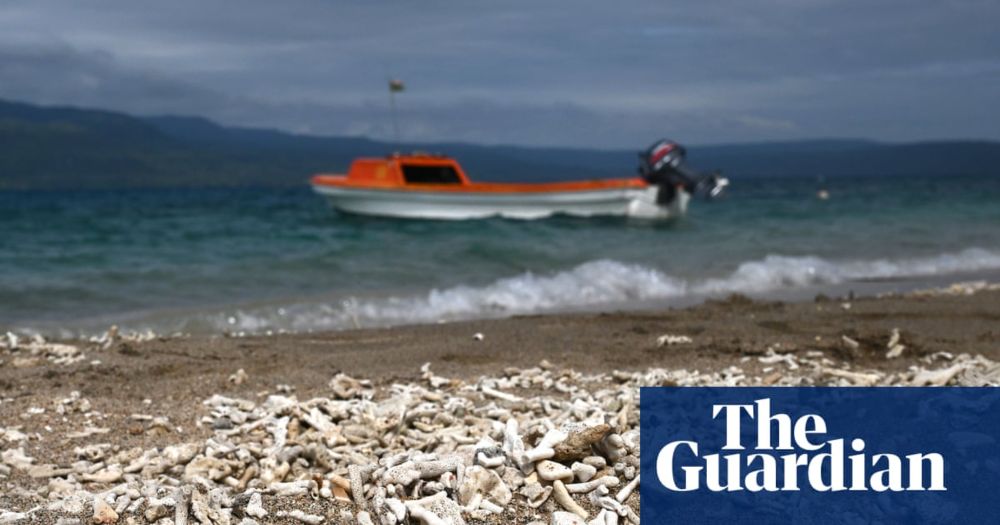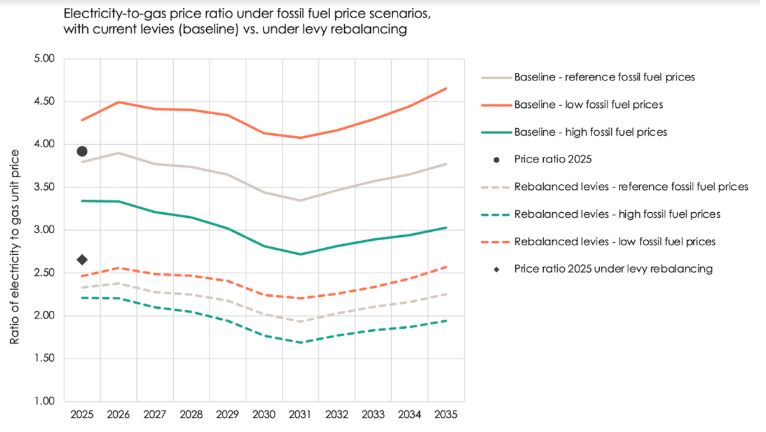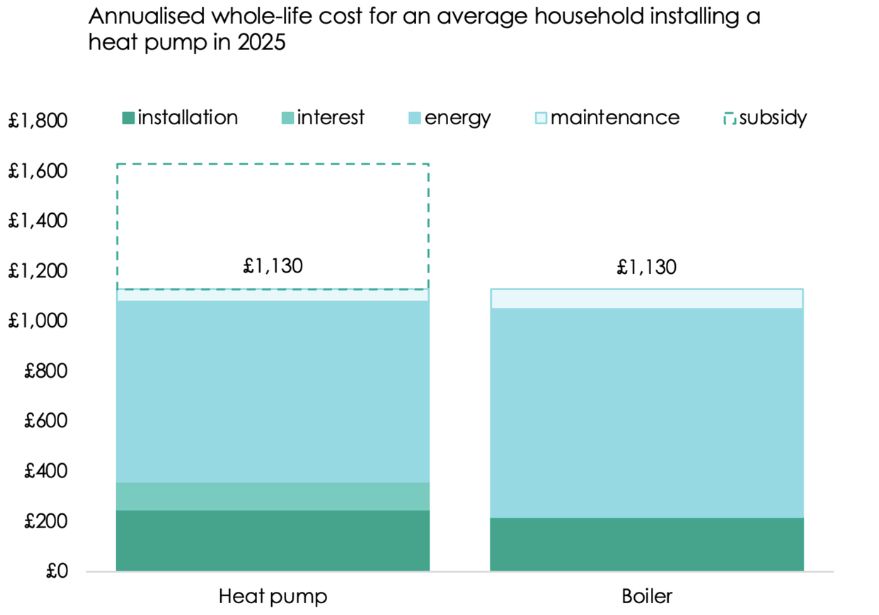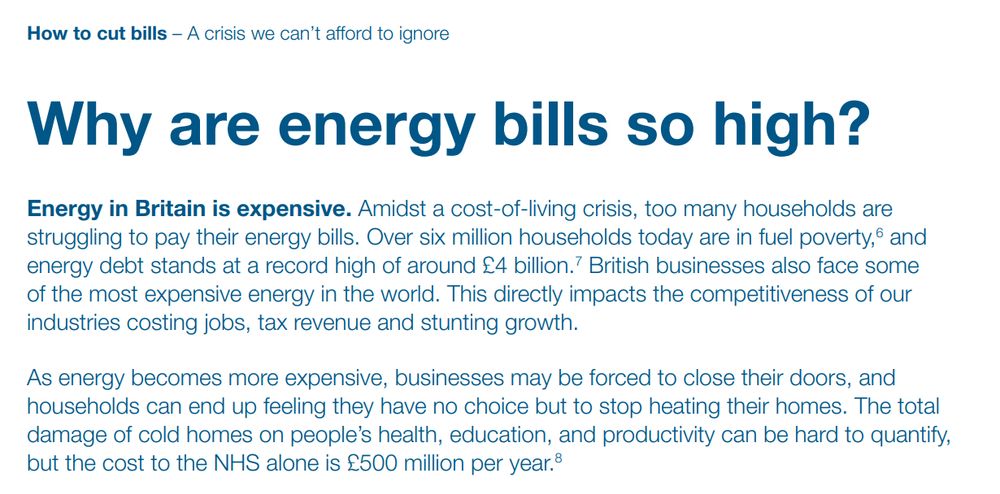
An explainer by @mashley.bsky.social on the programme that isn't working well, but could be key to bringing low income households along on the green transition and lowering bills.
www.nesta.org.uk/project-upda...

An explainer by @mashley.bsky.social on the programme that isn't working well, but could be key to bringing low income households along on the green transition and lowering bills.
www.nesta.org.uk/project-upda...

What did ICJ say?
⚖️ States are obligated to protect the climate under international law
⚖️ They must adopt ambitions NDCs
⚖️ Failure to do so can trigger reparations to affected countries

What did ICJ say?
⚖️ States are obligated to protect the climate under international law
⚖️ They must adopt ambitions NDCs
⚖️ Failure to do so can trigger reparations to affected countries
But what is the £13.2bn for? My colleagues @tomleach.bsky.social and @martinakavan.bsky.social have written a nice explainer...
www.nesta.org.uk/blog/what-co...

But what is the £13.2bn for? My colleagues @tomleach.bsky.social and @martinakavan.bsky.social have written a nice explainer...
www.nesta.org.uk/blog/what-co...
Current levies inflate electricity bills by ~20%, and favor fossil fuels over clean energy.
We project impacts of levy reform on a range of households and show that it's possible to make them both fairer and more climate friendly.

Current levies inflate electricity bills by ~20%, and favor fossil fuels over clean energy.
We project impacts of levy reform on a range of households and show that it's possible to make them both fairer and more climate friendly.
These are two illustrative scenarios I used to describe the long-term effects of cheap/expensive electricity on public spending and fuel poverty:
🧵

These are two illustrative scenarios I used to describe the long-term effects of cheap/expensive electricity on public spending and fuel poverty:
🧵
This ad keeps making me chuckle.
Enjoy if you have not seen it or rewatch as it is just gold!
This ad keeps making me chuckle.
Enjoy if you have not seen it or rewatch as it is just gold!

I wrote a blog explaining the role of energy levies in the total cost of heat pumps. 🧵🔽
This chart shows the projected annual costs over 15 years under status quo:

I wrote a blog explaining the role of energy levies in the total cost of heat pumps. 🧵🔽
This chart shows the projected annual costs over 15 years under status quo:
A great cheat sheet for the likes of "UK is only responsible for 1% of global emissions and so can slow down". ("A @carbonbrief.org analysis in 2021 found that the UK was the eighth largest country in terms of cumulative emissions.")

A great cheat sheet for the likes of "UK is only responsible for 1% of global emissions and so can slow down". ("A @carbonbrief.org analysis in 2021 found that the UK was the eighth largest country in terms of cumulative emissions.")
Oh, this will age so, so badly:
"The DOD does not do climate change crap.
We do training and warfighting."

Oh, this will age so, so badly:
"The DOD does not do climate change crap.
We do training and warfighting."
Doing nothing on energy bills now means:
- continued levels of fuel poverty
- slow decarbonisation because of expensive electricity
- households exposed to more gas price shocks

Doing nothing on energy bills now means:
- continued levels of fuel poverty
- slow decarbonisation because of expensive electricity
- households exposed to more gas price shocks
I've made* a load of charts for it too...
(*ok, actually mainly stolen them from the CCC)
www.nesta.org.uk/blog/the-sev...

I've made* a load of charts for it too...
(*ok, actually mainly stolen them from the CCC)
www.nesta.org.uk/blog/the-sev...
The new Balanced Pathway pushes back heat pump installations into the 30s – more realistic given current progress, but still ambitious.

The new Balanced Pathway pushes back heat pump installations into the 30s – more realistic given current progress, but still ambitious.
Not going to rebut the whole thing, but a couple of quick points...
www.newstatesman.com/politics/uk-...

Not going to rebut the whole thing, but a couple of quick points...
www.newstatesman.com/politics/uk-...
🦃 Enough energy to roast 2,900 turkeys
🥦 5 tonnes of brussels sprouts cooked to perfection
🍮 1,500 gallons of custard warmed and ready-to-eat
🎁 Let's unwrap the numbers on heat pump savings over Christmas ⬇️

🦃 Enough energy to roast 2,900 turkeys
🥦 5 tonnes of brussels sprouts cooked to perfection
🍮 1,500 gallons of custard warmed and ready-to-eat
🎁 Let's unwrap the numbers on heat pump savings over Christmas ⬇️
We've just published an analysis by @mashley.bsky.social of the effects of levies on different types of households.
--> 🧵

We've just published an analysis by @mashley.bsky.social of the effects of levies on different types of households.
--> 🧵
Here we explain and chart how things like heating tech, house size and lifestyles affect bills:

Here we explain and chart how things like heating tech, house size and lifestyles affect bills:
🤡

🤡
Here's a helpful explainer for anyone wanting to understand what the energy price cap is – and what our energy bills pay for:
www.nesta.org.uk/report/whats...

Here's a helpful explainer for anyone wanting to understand what the energy price cap is – and what our energy bills pay for:
www.nesta.org.uk/report/whats...
www.nesta.org.uk/blog/cop29-t...

www.nesta.org.uk/blog/cop29-t...
www.theguardian.com/world/2024/n...

www.theguardian.com/world/2024/n...
www.carbonbrief.org/...

www.carbonbrief.org/...

